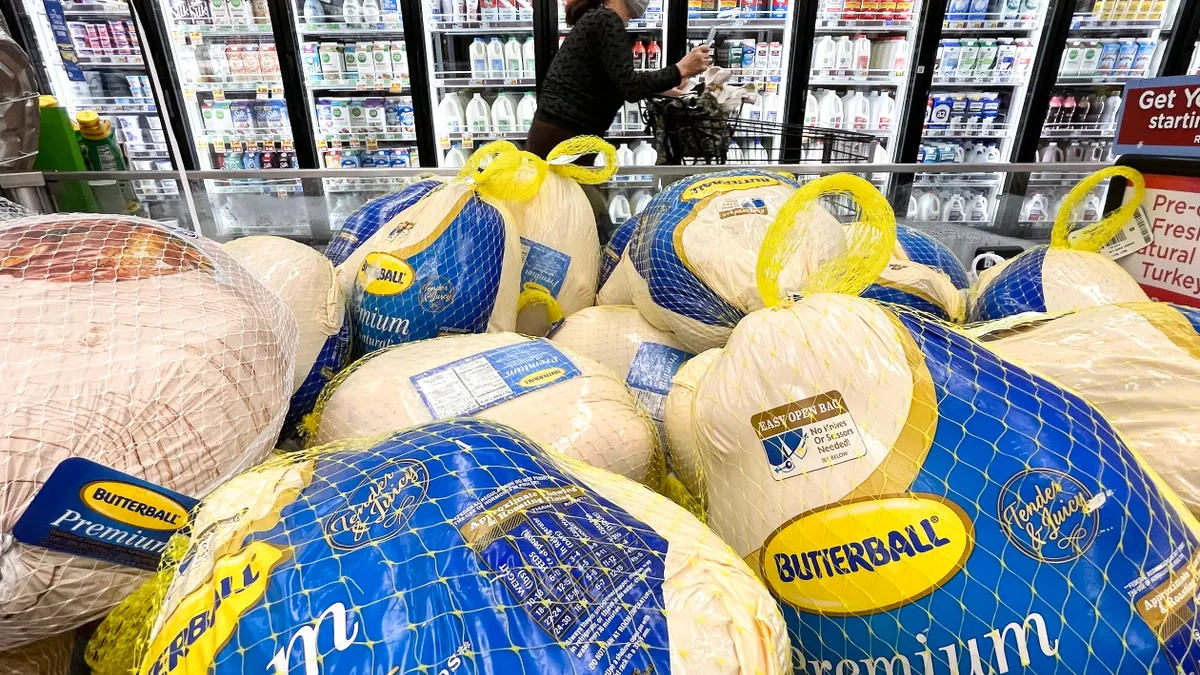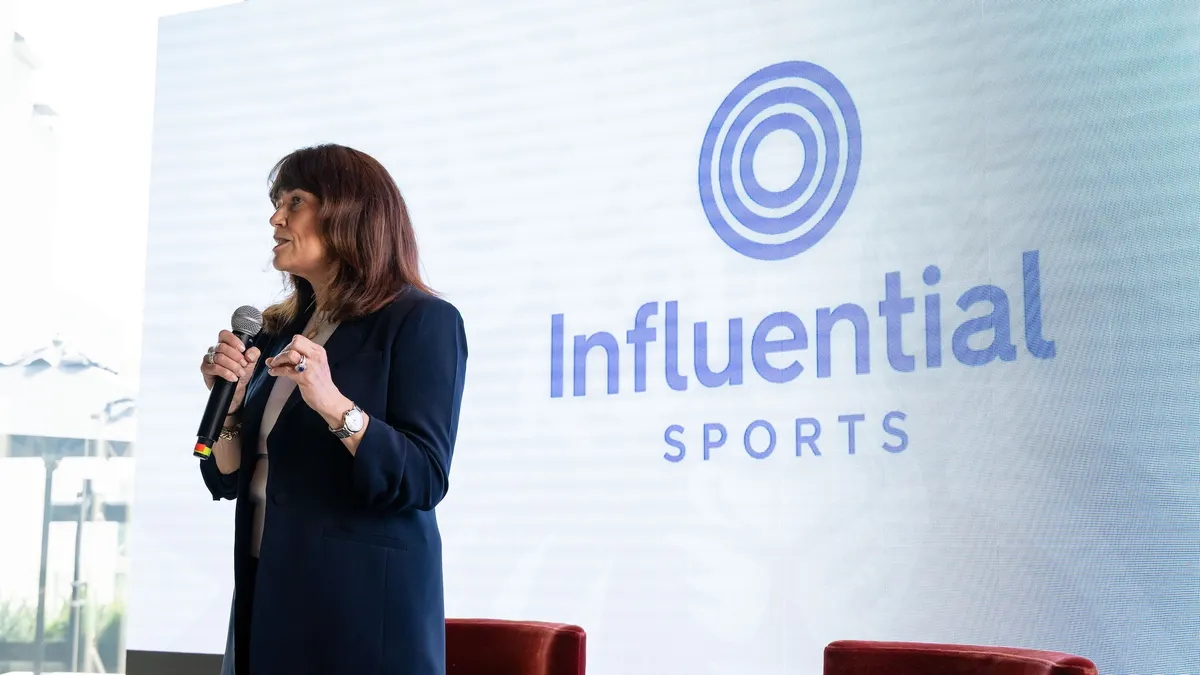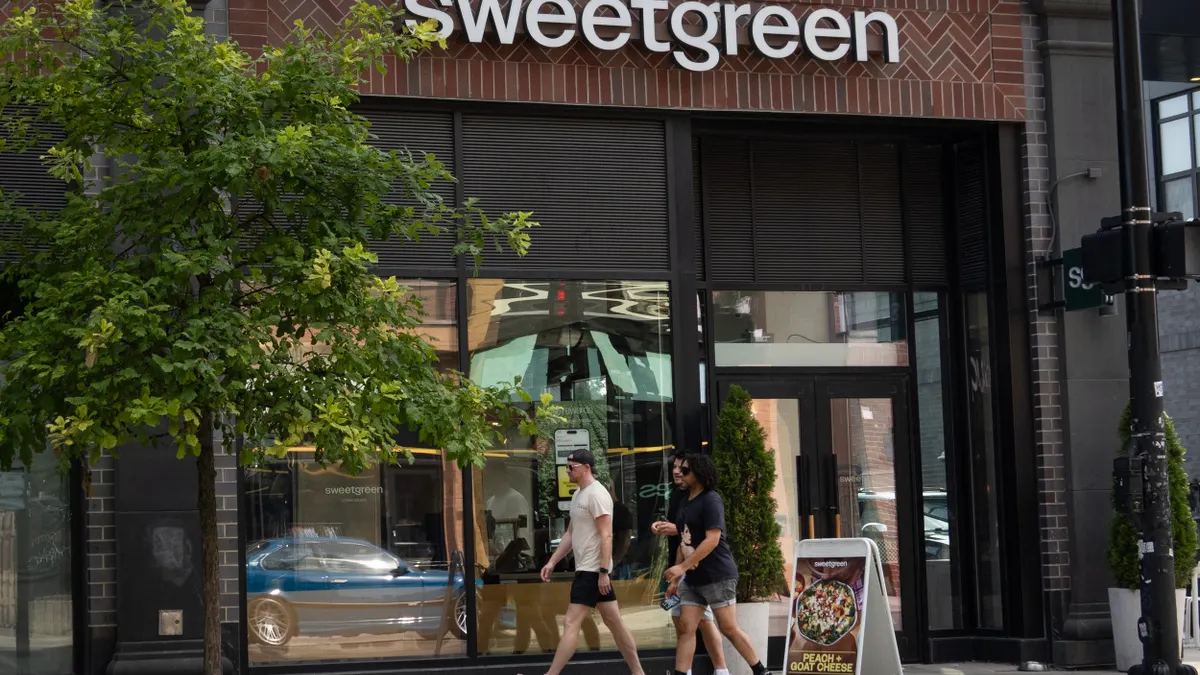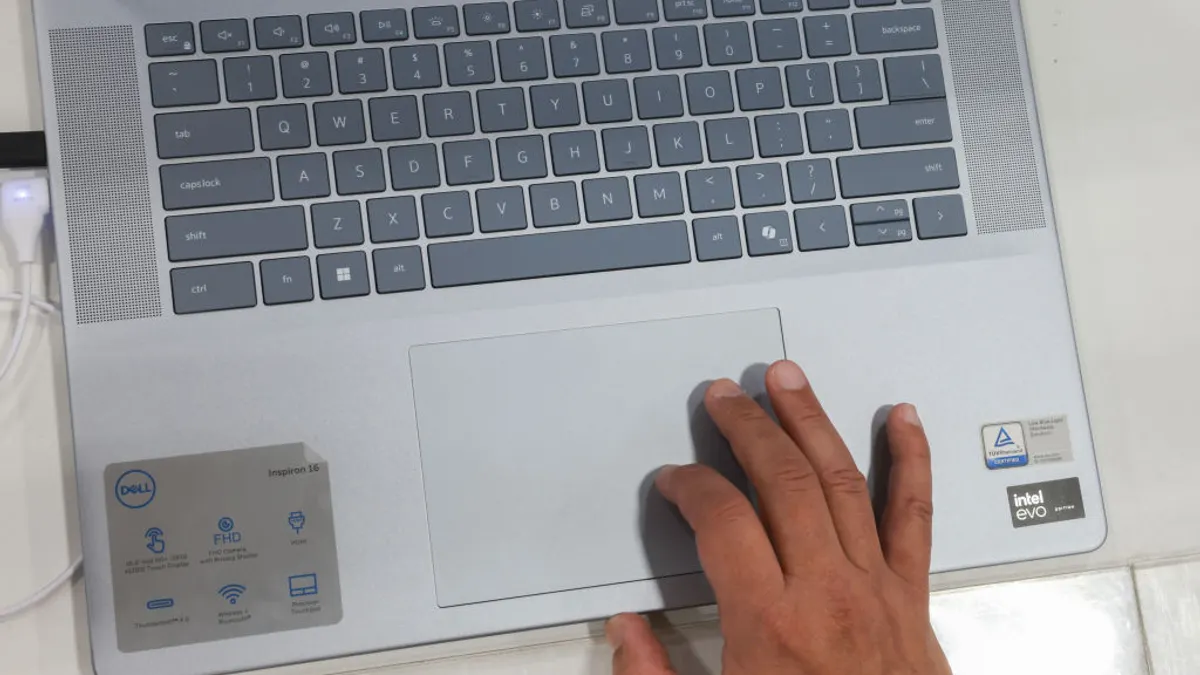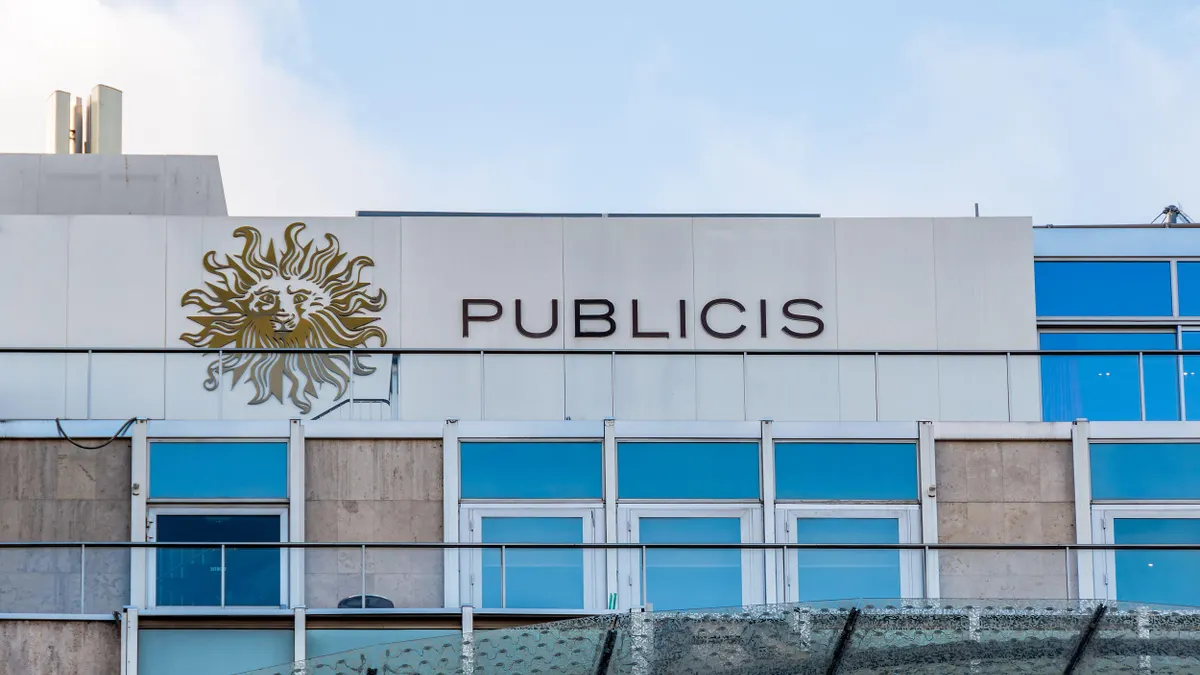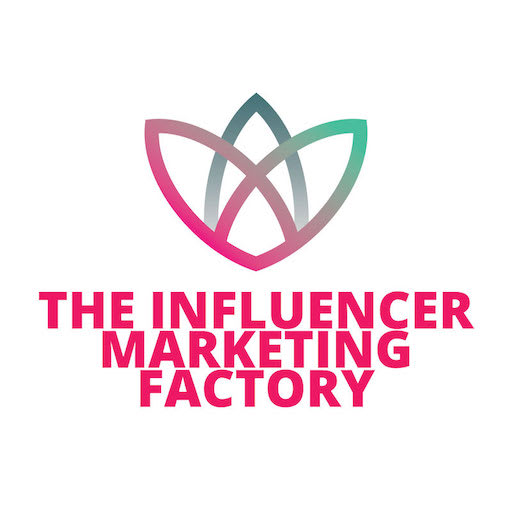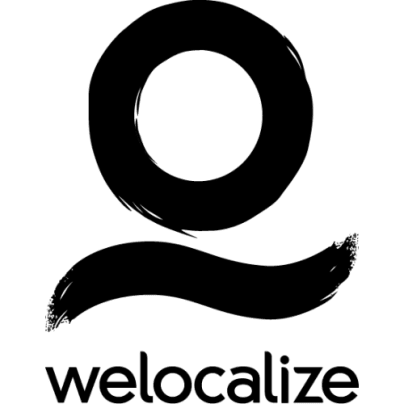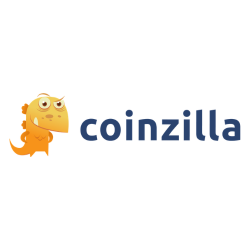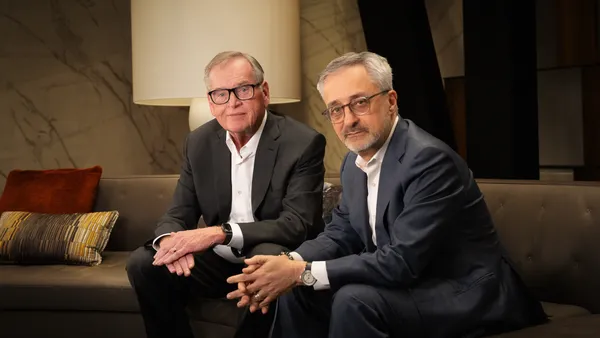UPDATE: NOV. 26, 2025: This story has been updated with additional details and analyst commentary following the official close of the Omnicom-IPG acquisition on Wednesday, Nov. 26.
Omnicom Group completed its $13 billion-plus acquisition of rival Interpublic Group late Wednesday afternoon, according to a press release. The close of the transaction forms the world’s largest ad-holding group, uniting IPG agencies like FCB, Mediabrands and Acxiom with a network that includes BBDO Worldwide, OMD and The Marketing Arm, among others.
“This is a defining moment for our company and our industry,” said John Wren, chairman and CEO of Omnicom, in a press statement around the deal’s close. “With the completion of the deal, Omnicom is setting a new standard for modern marketing and sales leadership — creating stronger brands, delivering superior business outcomes, and driving sustainable growth.”
The new entity speaks to the growing importance of scale for agencies looking to win in areas like data-driven marketing and artificial intelligence. Acxiom is of particularly high value, and could enhance Omnicom assets like its Omni operating system and Flywheel Digital to realize more closed-loop attribution capabilities, analysts say.
Omnicom and IPG expect their combination will realize around $750 million in annual cost synergies and generate a pro forma combined revenue of over $25 billion. In the short term, questions remain as to whether individual agency brands will remain or be merged in some fashion, who will lead some of the combined teams and how existing clients will be serviced, as well as those clients’ access to new tools. Omnicom’s full leadership team will be revealed Dec. 1. Mergers of this scale are often complex, meaning rivals may try to capitalize on the transitional period.
“I think initially competitors will also take the opportunity to remind the marketplace that large consolidations take time and can be distracting and perhaps use this as a conquesting opportunity,” said Jay Pattisall, vice president, principal analyst, at Forrester Research. “The longer-term ripple effects of it are already in motion. It’s really recomposing the holding company landscape.”
The announcement follows the deal receiving final regulatory clearances from the European Union over the weekend. The EU approved the transaction “unconditionally,” per a statement, saying a potential merger between the two companies did not raise competition concerns given the presence of competing networks including WPP, Dentsu, Publicis Groupe and Havas.
Bringing Omnicom and IPG together is perhaps the most extreme example of the consolidation trend that is affecting legacy ad-holding groups struggling with growth and changing client demands. Omnicom leadership has cited media, healthcare and precision marketing as some of the biggest areas of synergy with IPG. Omnicom estimates its media offerings could expand between 50% to 60% with the addition of IPG.
The deal has already involved some difficult pruning and could see further significant changes to the structures of each organization. Industry reports have indicated that some individual agency brands could be deprecated as part of the merger. Meanwhile, IPG has shed 3,200 employees ahead of the takeover, Adweek recently reported.
The mega-deal comes as agency priorities evolve in a broad sense, with firms racing to improve their sophistication in AI and data-driven marketing that can be tied to outcomes. At the same time, traditional agency of record appointments are receiving less weight from clients, which are prioritizing more project-based work. Omnicom and IPG have positioned their unified business as “built for intelligent growth,” a likely nod to the AI opportunity they see in wedding their capabilities.
The Omnicom-IPG acquisition was first announced in December and has taken some unusual turns on the path to regulatory sign off. The firms in September agreed to a consent order from the Federal Trade Commission that bars them from denying ad spend to publishers or platforms based on “specific political or ideological viewpoints.”
As one acquisition saga closes, more could crop up in the months ahead as other networks look to get rid of underperforming assets and tap into fresh revenue streams. Havas has expressed an acquisitive appetite but quashed recent rumblings it was in active talks with WPP on some form of deal or investment. Japan-based Dentsu also appears to be mulling a sale for its international business, per the Financial Times. Any of those actions taking place could reshape the competitive set identified by the EU and ultimately may leave clients with fewer choices.









